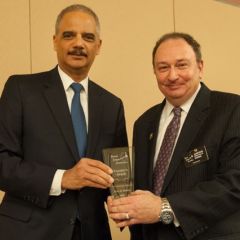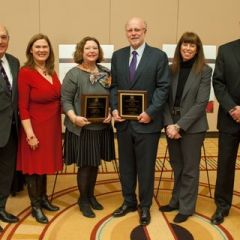E-filing comes to criminal court
The Illinois Supreme Court recently expanded its electronic filing standards to include e-filing in criminal and traffic cases![]() . Before the amendments, which took effect September 16 but have not yet been implemented by the county courts, electronic filing was only available in civil cases. Ideally, expanding e-filing to criminal matters will increase efficiency in the courts while lowering costs.
. Before the amendments, which took effect September 16 but have not yet been implemented by the county courts, electronic filing was only available in civil cases. Ideally, expanding e-filing to criminal matters will increase efficiency in the courts while lowering costs.
Three changes to the electronic filing standards are particularly noteworthy. First, amended paragraph 9(f) provides that documents filed by pro se litigants will be reviewed for acceptance by the court before being rejected by the clerk's office for failure to comply with formatting requirements. Paragraph 9(f) does not specifically limit this requirement to criminal filings, and thus could benefit pro se litigants in civil matters.
Also, multiple traffic (or other) citations can be filed in one transaction under the amended rules. This batch file can be sent directly from the law enforcement agency that issued the citations. Coupled with the provision that exempts partner agencies (state's attorney, public defender, attorney general, and law enforcement) from paying filing or vendor fees, this change could result in significant cost savings. It also allows paper citations not to be filed with the clerk's office.



